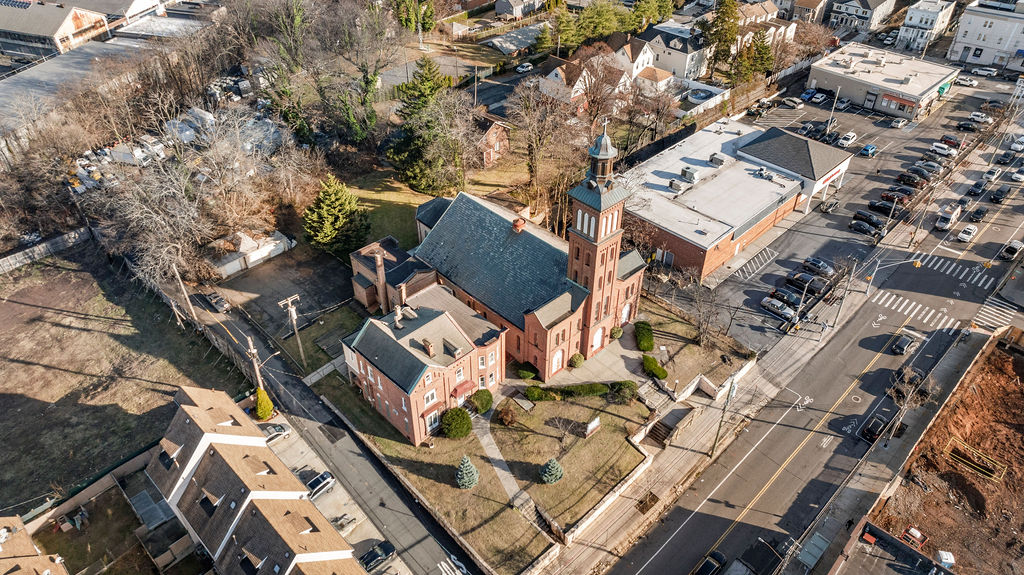1. Its Impact on Your Landscaping
Before you can start looking into building a fence on your property, you need to pay attention to your current landscape design. Think about how that fence will impact the health and wellbeing of your plants.
You may need to remove certain elements like trees and shrubs to make the fence possible. If so, make sure you’re comfortable with those changes before you hire a contractor.
If your home’s landscape design is important to you, reach out to a landscaping contractor and get them to help you plan your fence the right way. They’ll be able to make sure your plants can handle the transition and still receive the light they need to thrive during the growing season.
2. Local Fence Laws and Rules
Different areas have different laws and regulations regarding the types of fences you can build, how tall they can be, and the materials you can use. Take the time to familiarize yourself with those fence laws before you start building.
Contact your local government and see if there are any restrictions in place that could keep you from installing the type of fence you want. If you live in a neighborhood with an HOA, ask them about their rules and regulations before you hire a contractor.
It’s up to you to make sure the fence satisfies all local laws and neighborhood regulations. If it doesn’t, you may need to remove the fence entirely.
3. The Type of Fence You Want to Install
Before you start planning an installation appointment, you need to think about the type of fence you want to install. Ask yourself what you want the fence to accomplish.
Are you looking to add flair to your yard? If so, a decorative fence will do the trick. However, if you’re looking to increase privacy and protect your yard from unwanted visitors, a privacy fence will be the better option.
There’s no wrong answer here. Just remember to choose a fence that will do what you want it to.
If you’re not sure which type of fence is best, discuss your options with an experienced fencing contractor. They’ll go over the options that will work best with your property.
4. How You’ll Pay for the Property Renovation
Installing a fence can cost as little as a few hundred dollars to well over several thousand. Think about how you’ll pay for the installation before you start looking at options.
If you have savings, you may want to use a portion of them to help cover the cost.
Keep in mind that you don’t have to rely on your savings alone. You may be able to use a home improvement loan to help cover the cost. If you don’t qualify for a loan from your bank, speak with your contractor about financing options.
Many companies offer in-house financing plans to help you get your fence installed without having to pay for the entire project upfront.
5. Maintenance Requirements for the Materials
All fence types need ongoing maintenance to last for as long as possible. However, the exact maintenance requirements will depend on the type of materials you use.
Think about the amount of work you’re willing to put into keeping your fence looking like new.
Wooden fences need re-staining and painting each year to keep rot and insects from doing damage. Vinyl needs regular washing to remove dirt and pollen and iron needs frequent monitoring for rust and corrosion.
Make sure you’re comfortable with the amount of maintenance your fence will need before you install it. This way, you’ll avoid costly repairs and replacements down the line.
6. Where Your Property Begins and Ends
Unless you have your neighbor’s express permission in writing, you’re only allowed to build a fence on your property line. This means you need to know exactly where the boundaries of your property are before you start building a fence.
Get your property surveyed and stake out the boundaries. Give your fence building contractor a copy of the survey so they can provide you with an accurate estimate.
If you end up building the fence off of your property line, your neighbors are legally able to ask you to remove it. This will cost you money and time while also creating stress between you and your neighbor.
When in doubt, avoid confrontation and make sure you’re building on your property alone.
7. Who You’ll Hire for the Installation
While it is possible to install a fence on your own, it’s almost always best to hire an experienced professional. That doesn’t mean you should go with the first contractor you find. You need to do your research.
Ask for examples of their past projects and see what their previous clients have to say about their work. Once you have a few contractors in mind, get written estimates from each of them.
Compare their prices and choose the contractor you feel most confident in working with.
Consider These Factors Before Building a Fence
Investing in a property renovation is a great way to make your house feel like home. However, you should always take care to make sure your renovation project will be worth your investment.
Consider these key factors before you start building a fence anywhere on your property. This way, you’ll know you’re making the right choice for your home and your budget.
Looking for more tips and tricks to make transforming your house into the home of your dreams a breeze? Check out our latest posts.







Leave a Comment